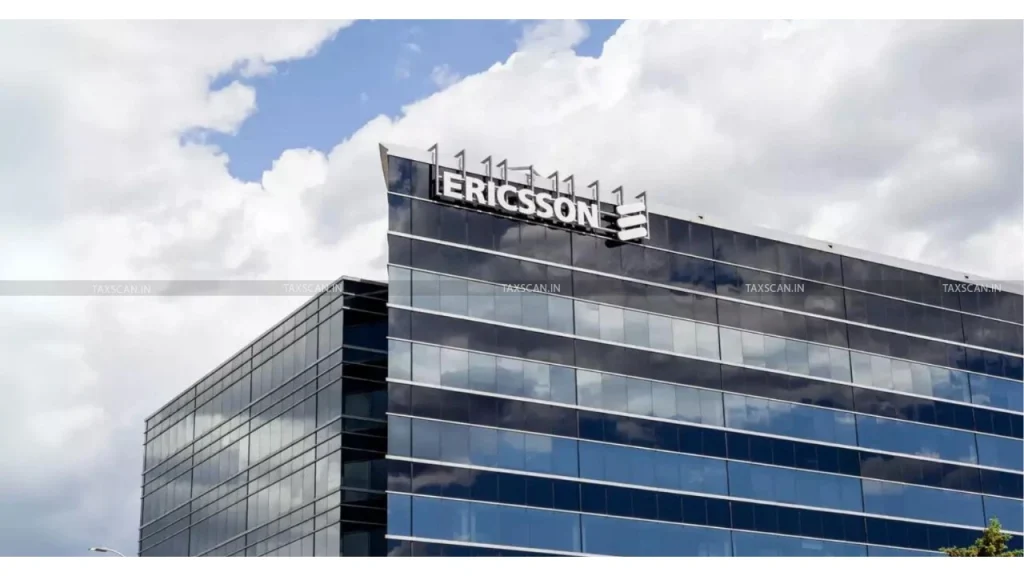- Ericsson posts SEK 7bn Q2 profit, beating expectations after major licensing cost cuts.
- Despite 6% sales dip, margins soar to 47.5% as restructuring pays off.
What happened: Ericsson swings to Q2 profit as licensing cost cuts lift margins
Swedish telecom gear giant Ericsson swung to a robust second-quarter adjusted operating profit of SEK 7 billion (~US $728 million), reversing an SEK 11.9 billion loss from a year ago and surpassing analysts’ expectation of around SEK 6.1 billion. The swing was driven by organic sales growing 2%, specifically buoyed by strong demand in North America.
This, along with aggressive structural cost cuts, allowed the company to halve its cost base. That margin uplift pushed operating margins to about 47.5%, up from 43.1% in Q2 2024. However, total sales fell 6% to SEK 56.1 billion, partly due to adverse currency effects of SEK 4.7 billion. Ericsson also flagged a dampening impact from looming US tariffs on EU imports, which may weigh on future margin gains.
Also Read: Airtel picks Ericsson for fixed wireless push India’s connectivity
Also Read: Ericsson unveils first export-ready antennas made in India
Why it’s important
This quarter marks a pivotal moment in Ericsson’s strategic turnaround. The surge in profit margins — reaching nearly 48% — highlights the success of its cost-cutting efforts and stronger presence in North America, helping offset global sales declines. With adjusted EBITA margins at a three-year high, Ericsson shows solid gains across core segments like networks and cloud services, signalling a more resilient and profitable operation.
Ericsson’s improved financial health positions it to invest further in key technologies such as standalone 5G, AI-driven networks, and fixed-wireless access — all central to next-gen connectivity. This sharpens its edge over competitors like Nokia and Huawei, especially as global telecom operators demand reliability and agility. However, looming US tariffs could introduce new cost pressures and complicate global supply chains. Still, a leaner, more efficient Ericsson suggests stronger, more stable services for both consumers and enterprise users, signalling a major shift in the global telecom landscape.

